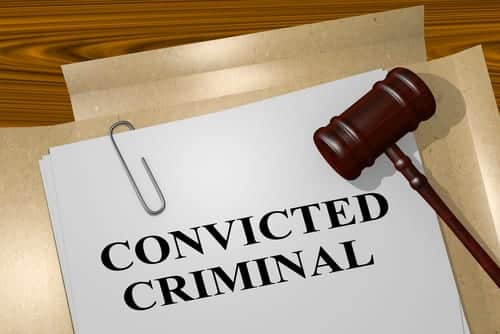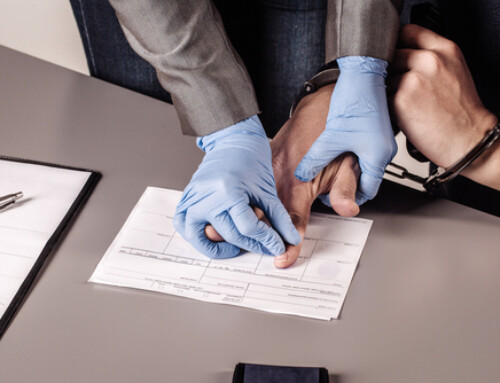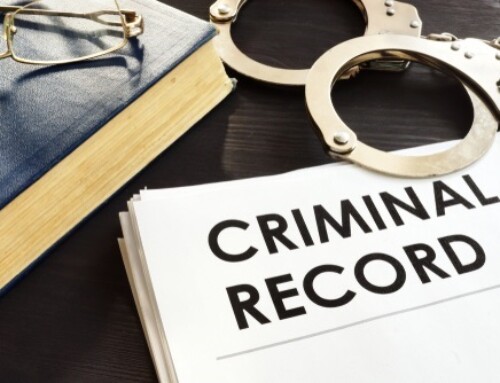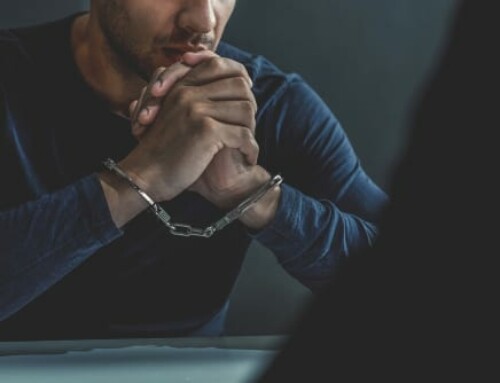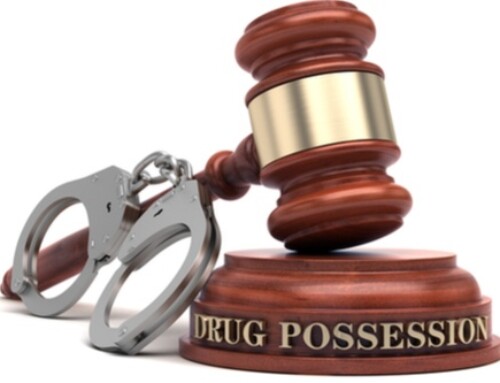What is at stake if you are facing criminal charges in South Carolina? While most people are aware that a criminal conviction can lead to fines and jail time, most people are unaware that a conviction can impact their life in numerous other ways as well.
If you have been charged with a crime, it is important to understand all of the ways that a conviction could impact your life. There are a few reasons why:
- First, while it will possible to avoid jail time in some cases, staying out of jail is not your only concern.
- Second, when attempting to negotiate a plea deal, you need to make sure you fully understand the consequences of entering a guilty plea.
- Third, once you understand everything you have to lose, you will understand just how important it is to defend yourself by all means available.
13 Potential Consequences of a Criminal Conviction
So, what do you have to lose? Here is a rundown of some (but not all) of the potential consequences of a criminal conviction in South Carolina:
1. Jail or Prison Time
In South Carolina, all crimes carry the potential for jail time. Maximum sentences start at one year in jail for a Class C misdemeanor and go up to 30 years in prison for a Class A felony. Additionally, some (but not all) crimes carry minimum terms of incarceration, meaning that you will face jail or prison time if you are convicted at trial.
2. Fines
Most crimes carry statutory fines in South Carolina as well. Unlike maximum jail and prison terms – which are determined based on a crime’s “Class” – fines are specified for individual crimes. So, in order to determine what fines you are facing, you will need to know the specific section of the South Carolina Code of Laws under which you are being charged.
3. Probation
Probation is a criminal sentence that can be imposed in lieu of jail or prison time. If you are placed on probation, you will be required to comply with various “conditions,” and if you fail to comply you can be sent to jail or face other penalties.
4. Community Service
Certain crimes, including driving under the influence (DUI), carry the potential for community service. Community service can be ordered independently or as a condition of probation. In either case, you must complete all of your community service hours on time in order to avoid facing additional punishment from the court.
5. Court Costs and Other Financial Costs
In addition to fines, a criminal conviction can lead to court costs and other financial costs as well. The South Carolina courts can also order defendants to pay restitution in appropriate cases.
6.Loss of Voting Rights
If you are convicted of a felony in South Carolina, you will lose your right to vote. You can regain your voting rights once you have served your sentence; however, your voting rights will not be reinstated automatically.
7. Loss of Gun Rights
Under South Carolina law, you will lose your right to carry a gun if you are convicted of a felony, domestic violence, or any other violent crime. You will also be prohibited from carrying a gun by federal law if you are sentenced to incarceration for a year or longer.
8. Loss of Government Benefits
Certain types of criminal convictions can make you ineligible for food stamps, public housing, and other government benefits. Bans on government benefit eligibility vary by program and based on the specific crime (or crimes) for which you are convicted.
9. Loss of Driving Privileges
Driving under the influence, driving without a license, racing on public roads, and other serious traffic offenses can result in the temporary or permanent loss of your driving privileges. If you are eventually eligible to have your driver’s license reinstated, you will be required to pay additional fees, and your insurance costs will increase substantially.
10. Job and Housing Challenges
Your conviction will show up on criminal background checks, and this will make it much more difficult for you to land the job you want. This can make it more difficult to find housing as well. While certain criminal convictions are eligible for expungement in South Carolina, many (including DUI) are not.
11. Military Consequences
If you are in the military, a criminal conviction could potentially put your military career at stake. In addition to your civilian trial, you could also face a military court-martial.
12. School Consequences
If you are in school, a criminal conviction could lead to disciplinary action up to and including expulsion. Having a criminal record can also make you ineligible for student loans, and it can drastically limit your employment options post-graduation.
13. Professional Discipline
If you are a lawyer, doctor, accountant, architect, real estate agent or any other type of licensed professional, a criminal conviction could trigger disciplinary action by your professional licensing board. Depending on the severity of the crime, this could include a reprimand, license suspension, or permanent loss of licensure.
Of course, not all of these potential consequences are relevant to all cases. If you haven’t been charged with DUI or a serious traffic offense, your driver’s license might not be at risk. If you aren’t in school or in the military (and aren’t planning to enroll in school or in the military), then those risks don’t apply. However, regardless of your individual circumstances, a criminal conviction will have wide-ranging consequences in many aspects of your life. As a result, you need to defend yourself, and your first step is to speak with an experienced South Carolina criminal defense lawyer.
Contact Criminal Defense Attorney Rad Deaton in North Charleston, SC
Have you been charged with a crime in North Charleston? If so, criminal defense attorney Rad Deaton can help you avoid unnecessary consequences. To discuss your case in a free and confidential consultation, please call 843-255-5723 or request an appointment online now.

